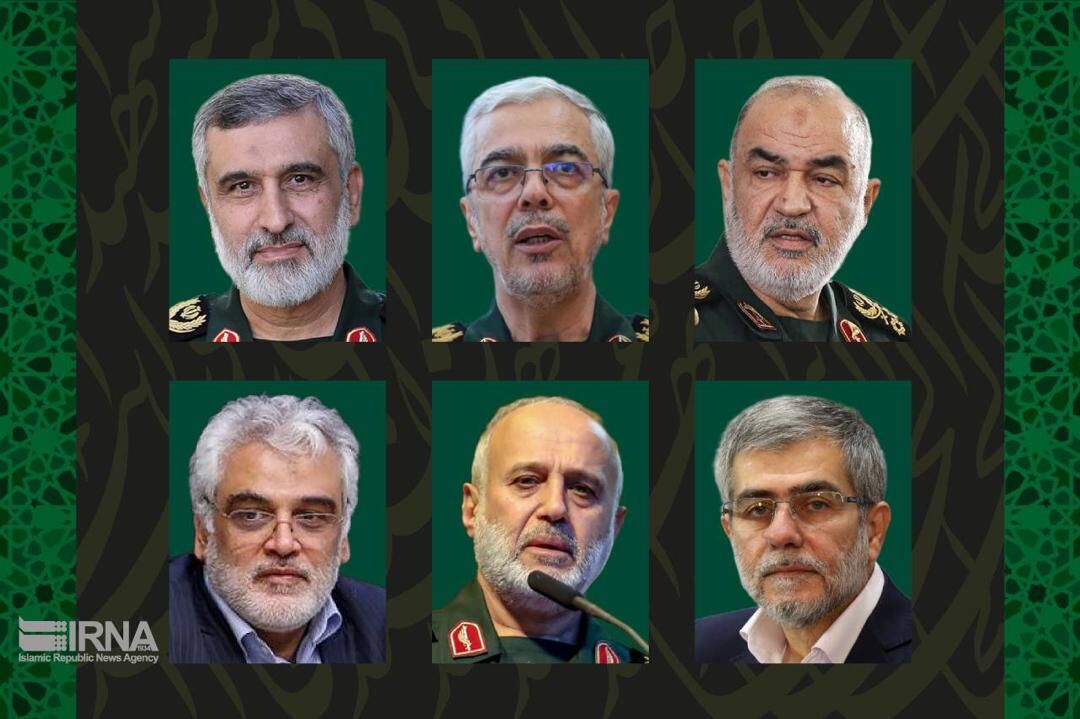
Similar Posts
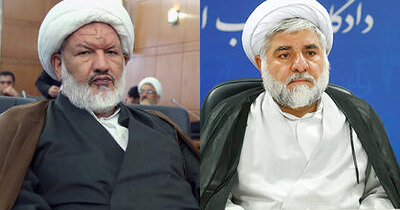
Mysterious Fatal Shooting of Iranian Judges Shocks Nation: Unraveling the Unexplained Tragedy
Two Supreme Court judges in Tehran, Mohammad Moghiseh and Ali Razini, were shot dead in a shocking attack that raises serious security concerns within Iran’s judicial system. The assailant, a staff member at the judiciary headquarters, reportedly used a handgun before committing suicide. Initial reports suggested a third judge was targeted, but this was denied. The Judiciary highlighted that the judges were committed to fighting national security crimes and terrorism. Following the attack, several courthouse staff were arrested, and the incident has prompted discussions about increasing security measures for judicial officials in Iran.
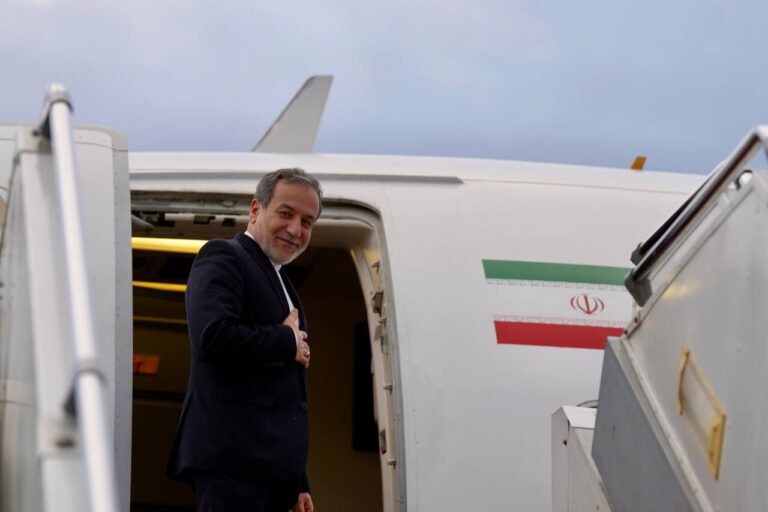
Iran’s Foreign Minister Visits Oman for Key Insights at Indian Ocean Conference
Iran’s Foreign Minister Abbas Araghchi has traveled to Oman to lead a delegation at the eighth Indian Ocean Conference (IOC), aimed at fostering collaboration among Indian Ocean nations. His visit, starting Saturday evening, includes attending the conference in Muscat on Sunday and Monday, and engaging in bilateral meetings with counterparts. The conference, themed “A Voyage Towards New Horizons of Maritime Partnership,” will involve ministers and officials from 60 countries and international organizations, focusing on enhancing economic and security cooperation among coastal states and strengthening relationships with nations interested in the region’s stability and prosperity.
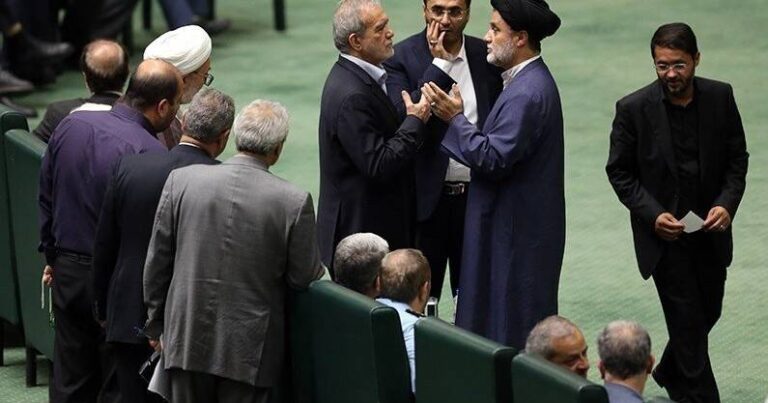
Turmoil and Tensions: Iran’s Ultra-Hardliner Camp Faces Internal Divisions
A rift has emerged within Iran’s ultra-hardliner faction, highlighted by lawmaker Mahmoud Nabavian’s criticism of protests against enforcing a strict hijab law. His remarks suggest internal conflict over maintaining national stability versus strict adherence to morality legislation, which could incite unrest. The Supreme National Security Council’s recent decision not to implement the hijab law, likely approved by Supreme Leader Ali Khamenei, indicates a prioritization of the regime’s survival over religious strictness. Nabavian warned against societal polarization amidst geopolitical tensions, while concerns grow about potential protests reminiscent of past unrest, emphasizing the fragile political climate in Iran.
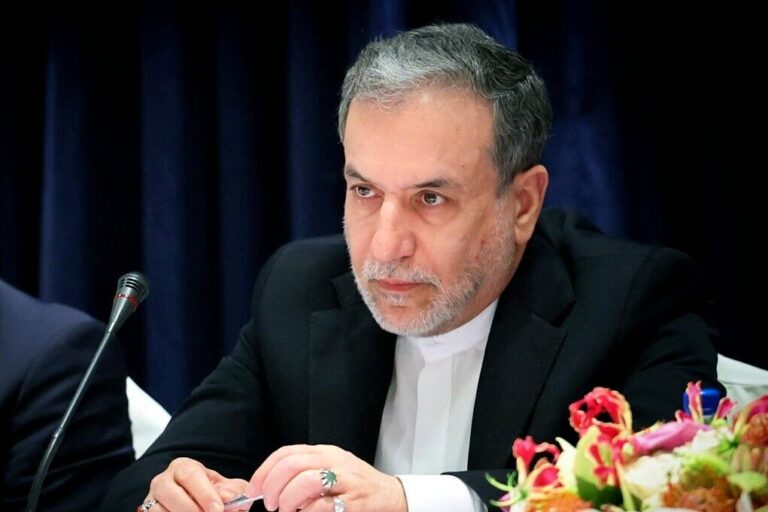
Araghchi to Trump: Flattery Falls Short in Restoring Iran’s Trust
Iranian Foreign Minister Abbas Araghchi stated that the new US administration must take substantial actions beyond “nice words” to restore trust and engage in negotiations for a new nuclear agreement. Reflecting on the US’s withdrawal from the 2015 Iran nuclear deal during Trump’s presidency, he emphasized that Iran had complied with the agreement despite the US’s “maximum pressure” policy. Araghchi warned that any military action against Iran’s nuclear facilities would provoke an immediate and decisive response. He also criticized Trump’s remarks on Gaza, suggesting a mock solution instead. The situation remains complex and tense as diplomatic efforts continue.
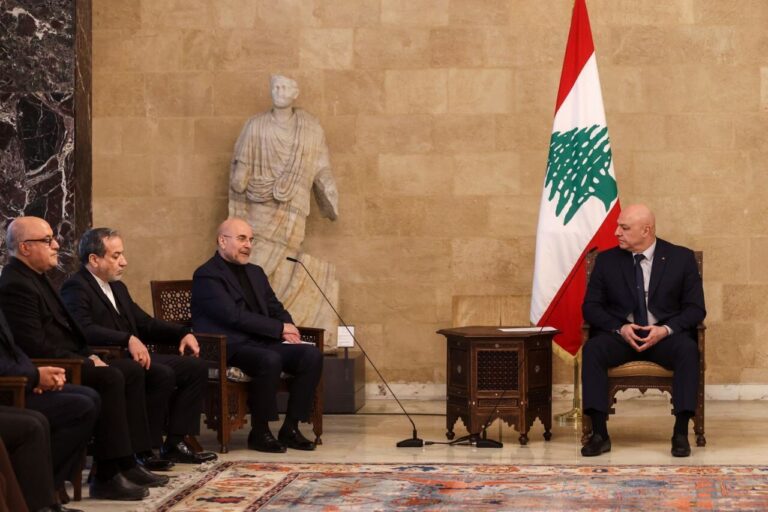
Iran’s Speaker Condemns Trump’s ‘Unacceptable’ Plan for Gaza Control
Iran’s Parliament Speaker Mohammad Baqer Qalibaf condemned U.S. President Donald Trump’s proposal for the forced displacement of Gaza residents, calling it unacceptable during a meeting in Beirut with Lebanon’s President Joseph Aoun. He criticized the Israeli regime’s aggression and Trump’s interference in regional affairs, reaffirming Iran’s support for Lebanon’s reconstruction in collaboration with other Islamic nations. Qalibaf also emphasized the importance of consensus among Lebanese leaders for sustainable security. His visit coincided with the funeral of Hezbollah leaders killed by Israeli strikes, highlighting ongoing regional tensions and the necessity for diplomatic solutions regarding Palestine and Lebanon’s future.
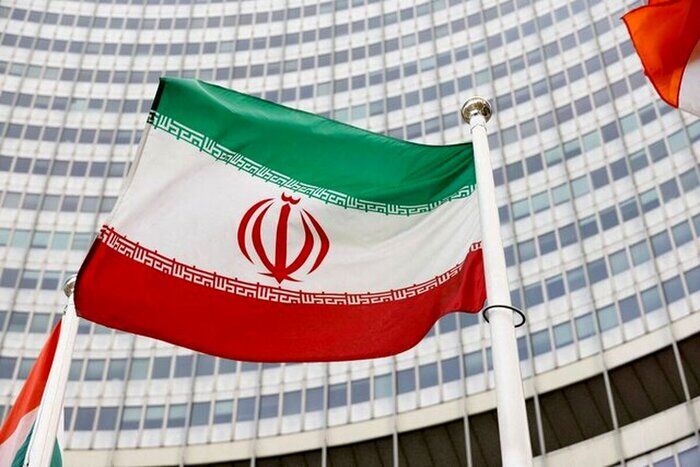
Iran Takes the Helm: Elected Chair of Asia-Pacific Group at UN Human Rights Council
Iran has been elected chair of the Asia-Pacific Group within the United Nations Human Rights Council (UNHRC), marking a significant step in its international diplomacy. As the largest entity in the Human Rights Council, this role allows Iran to coordinate group activities and direct human rights initiatives related to the Office of the High Commissioner for Human Rights. The presidency, led by Ali Bahraini, Iran’s Ambassador to the UN in Geneva, commenced this week and will last until the end of 2025. This position enables Iran to play a pivotal role in shaping human rights policies in the region.